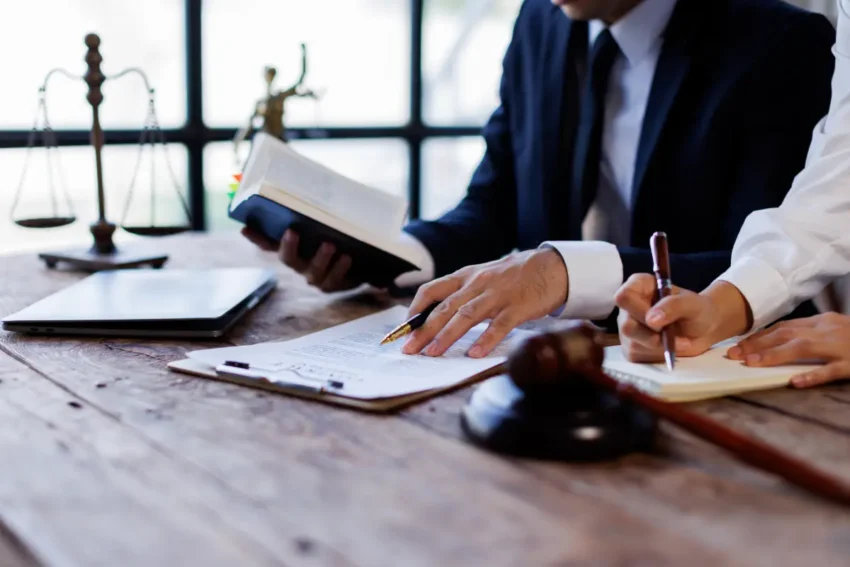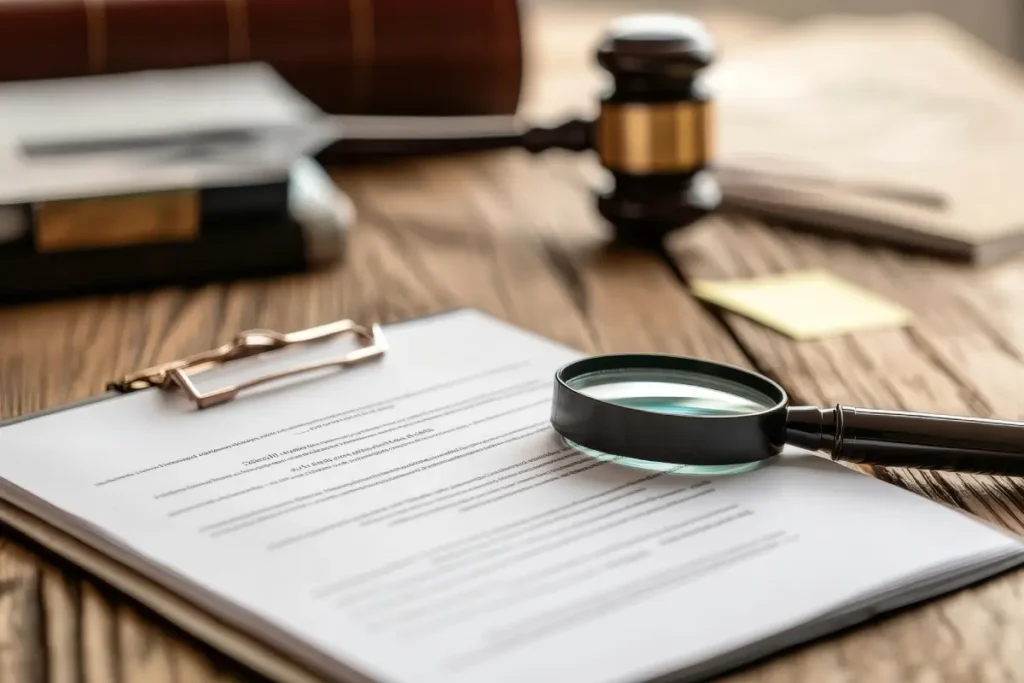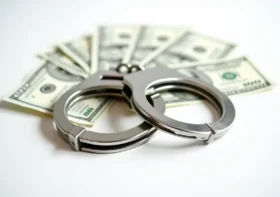4 Critical Defense Strategies for Psilocybin-related Charges

Facing psilocybin-related charges can be intimidating, especially with the growing attention on psychedelic substances in recent years. While some regions are exploring decriminalization or regulated medical use, possession and distribution still carry serious penalties in most jurisdictions.
A conviction can impact employment opportunities, personal reputation, and future freedom. Because of these risks, it’s essential to understand how the law works and what legal protections may apply in your case. The right defense approach can challenge the prosecution’s evidence, expose procedural errors, and create opportunities for reduced penalties or dismissal.
Read on to discover some critical defense strategies for psilocybin-related charges that could make all the difference.
Contents
1. Questioning Possession and Intent
When facing criminal charges tied to psilocybin mushrooms, prosecutors must prove more than the mere presence of these controlled substances. They need to establish that the accused knowingly possessed them and, in some cases, planned to distribute them.
The following are the central points that often come under scrutiny in these cases:
- Actual vs. constructive possession: Simply being in the same room as magic mushrooms is not enough to prove ownership or control. For example, if mushrooms are found in a shared apartment or vehicle, the prosecution must show a direct link tying them to the accused. Without that clear connection, the case for drug possession weakens.
- Shared spaces: In situations where multiple people have access to an area, proving possession becomes far more complex. Finding psilocybin mushrooms in a common kitchen or living room doesn’t automatically mean any one person is responsible. A skilled defense attorney can highlight the lack of evidence connecting the mushrooms to the defendant specifically, creating reasonable doubt.
- Intent to distribute: Prosecutors sometimes pursue harsher penalties by charging individuals with intent to distribute, especially if the quantity seems larger than what would be considered for personal use. They often rely on circumstantial factors such as packaging materials, cash, or messages on phones. A strong defense may argue that the mushrooms were intended for private consumption rather than distribution, which can significantly impact sentencing guidelines.
Because these distinctions can determine whether a person faces minor penalties or lengthy prison sentences, working with a lawyer who understands how to dismantle weak possession claims is critical. Hiring a mushroom possession lawyer in Los Angeles or in your local area ensures you have someone experienced in defending clients charged with possession of psychedelic substances like psilocybin mushrooms. With the right strategy, an attorney can expose gaps in the prosecution’s case and push for reduced or dismissed charges.
2. Challenging the Legality of the Search and Seizure
One of the strongest defenses in psilocybin-related cases involves questioning how the evidence was obtained. Law enforcement must follow strict procedures when collecting controlled substances, and any misstep can create grounds to weaken the prosecution’s case.
The following are key areas where a skilled defense attorney may focus:
- Fourth Amendment protections: The U.S. Constitution requires that searches be supported by a valid warrant or a recognized exception, such as probable cause or consent. If police overstep these boundaries, evidence tied to magic mushrooms or other psychedelic substances can be excluded.
- Illegal evidence gathering: Courts carefully review whether officers respected constitutional rights during the search process. If the seizure of psilocybin mushrooms involved coercion, lack of probable cause, or improper procedures, the resulting evidence may be declared inadmissible.
- Suppression hearings: A criminal defense attorney can file motions asking the court to throw out unlawfully obtained material. These hearings are crucial because excluding key items, like bags of psilocybe cubensis or paraphernalia, may leave the prosecution without enough proof to proceed.
Challenging the search and seizure process often changes the direction of a case. When the evidence is suppressed, prosecutors may be forced to reduce or dismiss drug charges, lowering the risk of severe legal consequences for the accused.

3. Medical or Religious Defense Arguments
Some defendants may point to medical use as a basis for challenging psilocybin-related charges. In limited areas, research exemptions and pilot programs exist to study potential therapeutic applications. When properly documented, participation in or alignment with these programs can provide a framework for defense.
In addition to medical considerations, certain individuals raise religious freedom claims to explain their use of psilocybin. Under laws that protect spiritual practices, courts may be required to weigh the sincerity of the belief and its connection to sacramental use. This type of argument often depends on how past rulings have interpreted the balance between religious rights and government regulation.
Furthermore, case precedents illustrate how courts have responded to such arguments in different jurisdictions. Some rulings have recognized exemptions under specific circumstances, while others have strictly applied existing prohibitions.
4. Negotiating Reduced Charges or Alternative Sentencing
When evidence against a defendant appears strong, one option is to work toward reducing charges through negotiation. Prosecutors may agree to accept a plea to a lesser offense in exchange for avoiding a lengthy trial. This approach can significantly limit the long-term consequences a defendant faces while still resolving the case efficiently.
Moreover, some courts provide alternatives to incarceration that focus on treatment or rehabilitation. Programs such as probation, community service, or counseling allow individuals to address underlying issues while staying connected to their families and communities. These options also give defendants the opportunity to work on recovery while demonstrating accountability to the court. As a result, they can create a more constructive outcome and lessen the harsh impact of traditional sentencing.
Final Thoughts
Psilocybin-related charges require careful, strategic defense planning. From challenging illegal searches to questioning possession, raising medical or religious defenses, and negotiating alternatives, multiple avenues exist to protect a defendant’s future. An experienced attorney can evaluate the facts of the case and determine which strategies provide the strongest defense.



